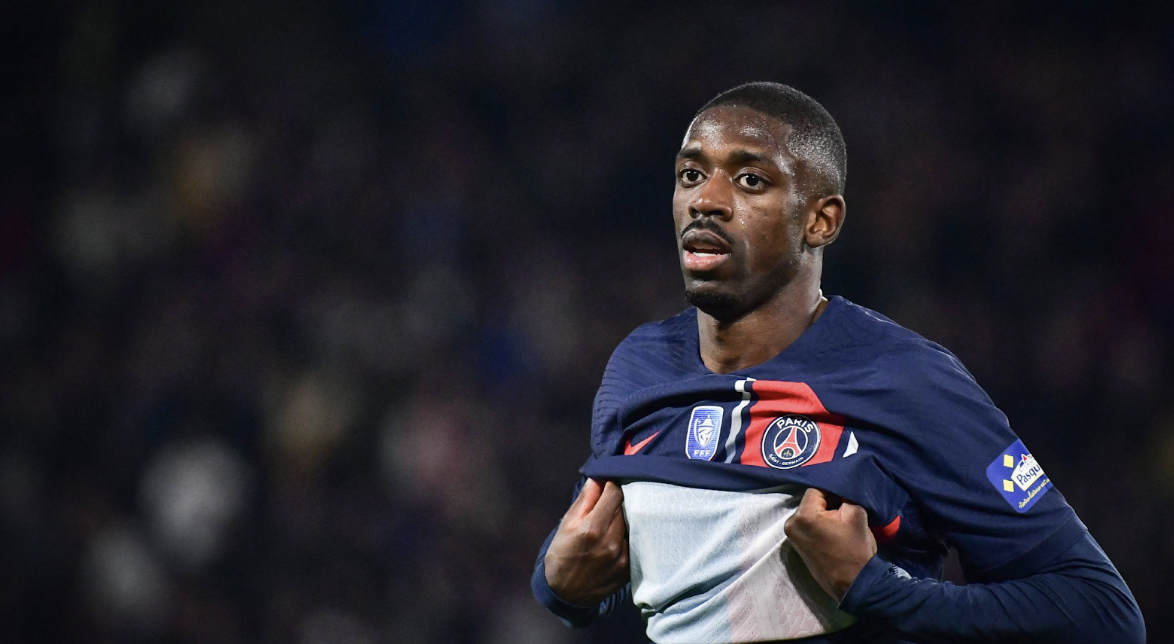The Ballon d’Or: When Social Media Blows The Whistle

Zainab Syed, Sport & Societies Staff Writer, BA Politics and International Relations
The Ballon d’Or, football’s most celebrated individual prize, founded in 1956, has long elevated reputations and sealed legacies. From the Messi-Ronaldo decade-long duopoly to Luka Modrić’s unexpected 2018 win, controversy has always been part of its DNA. However, it isn’t the award that has changed, it’s the visibility of the conversations surrounding it. Where past debates played out in pundit studios and print columns, today they unfold across comment sections and social media, magnified by millions, turning questions of form and merit into charged public debates.
Ousmane Dembélé’s 2025 win captures this cultural shift perfectly. His season at Paris Saint-Germain F.C. (PSG) was undeniably exceptional: Champions League, Ligue 1, Coupe de France victories, plus a Club World Cup final. Yet his triumph over 18-year-old Lamine Yamal set the internet ablaze. Within minutes, social media platforms were flooded with posts defending Yamal worldwide. His fans accused organisers of bias, and even Yamal’s father, Mounir Nasraou, said that ‘this is the biggest, I won't say theft, but moral damage done to a human being.’ The backlash wasn’t truly about who deserved it more; both players had remarkable seasons. Instead, it reveals how digital fandom turns debate into passionate fan devotion. That distinction is key. The Ballon d’Or remains a legitimate recognition of excellence, but social media only amplifies voices or spotlights players with larger followings and trending moments.
Even other player rankings feed this cycle. When Raphinha finished below Mohamed Salah despite a prolific season, when Nuno Mendes was placed last despite a quadruple-winning season, or when Cole Palmer placed eighth, it became a show for the internet. In truth, none of these outcomes are objectively wrong; football is too collective for that. But online, every vote becomes content. Every placement sparks a new wave of hashtags, edits, and thinkpieces.
Clubs have now adapted to this new landscape too. Real Madrid’s second consecutive boycott of the ceremony - echoing frustration over Vinícius Júnior’s near miss in 2024 and the absence of their players in the 2025 top three. This wasn’t just a protest; it was PR. The act itself generated as much coverage as the award, feeding the narrative, inviting sympathy, and keeping their players at the centre of attention. This response reflects a wider shift: football now exists as much online as on the pitch, where social media dictates how fans, clubs, and narratives interact.
This phenomenon isn’t born from corruption or bias, but from football’s expanding digital ecosystem. The sport is more global, emotional, and connected than ever before, with social media giving every fan a voice, yet it also rewards outrage over reason. Still, the passion and engagement it generates reflect how much people care about fairness and recognition, even if that devotion sometimes spills into excess. The Ballon d’Or’s prestige endures, but the noise surrounding it shows how football’s culture has evolved. It’s no longer just about what happens on the pitch, but how the world reacts. The referee, for better or worse, now wears the logo of your favourite app.



